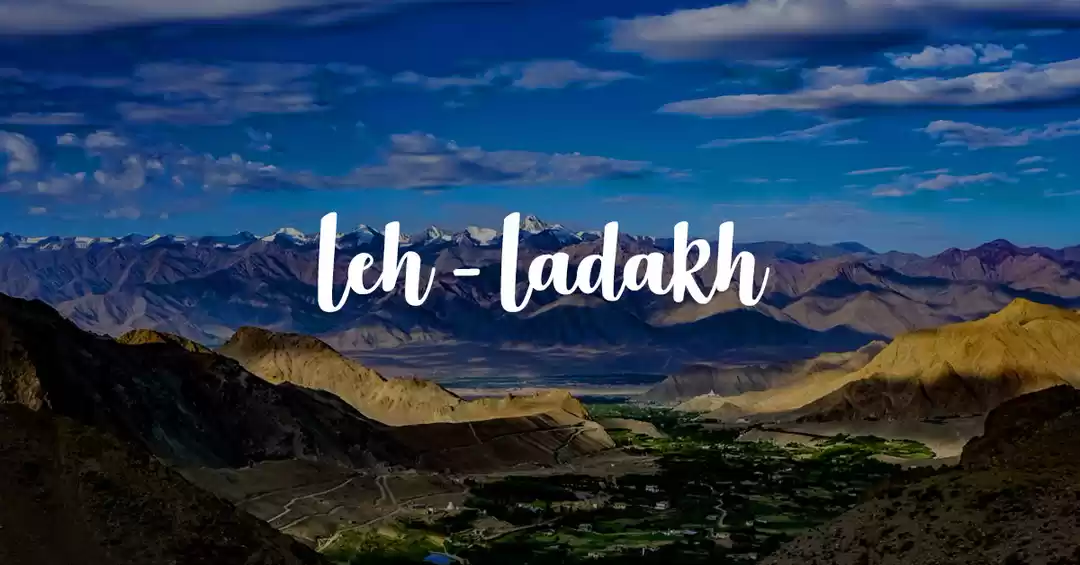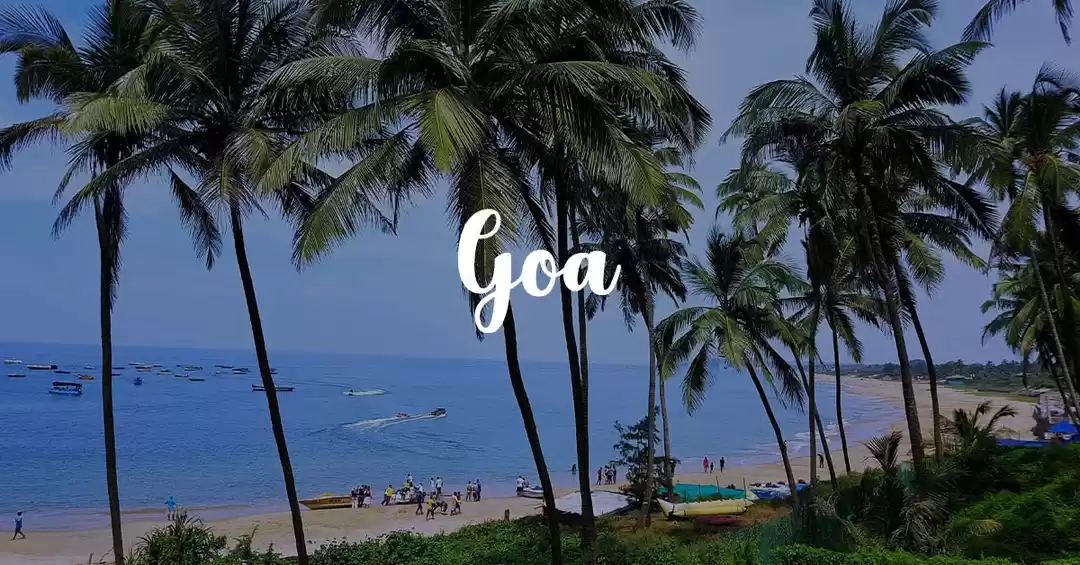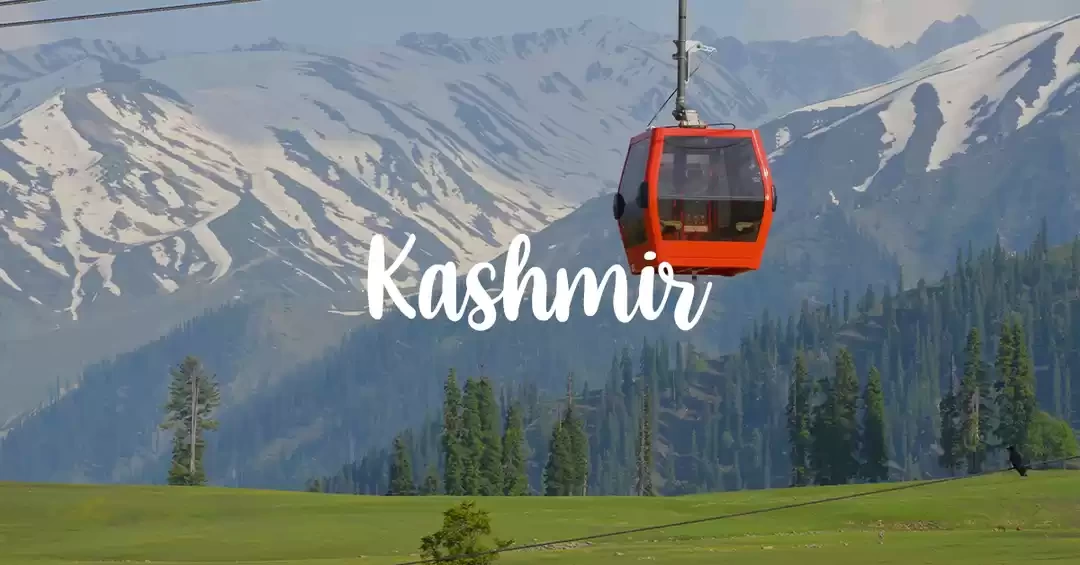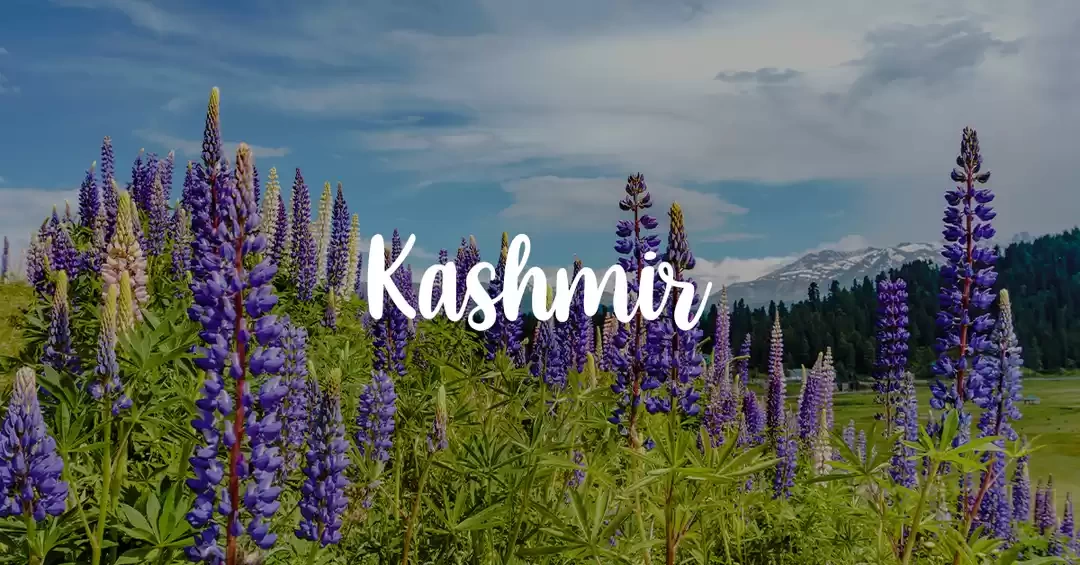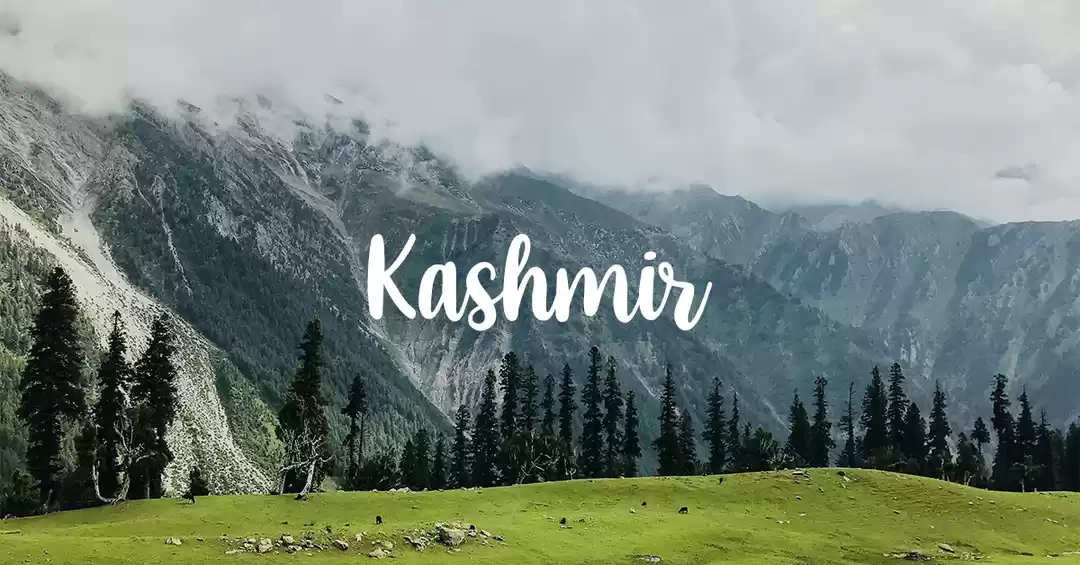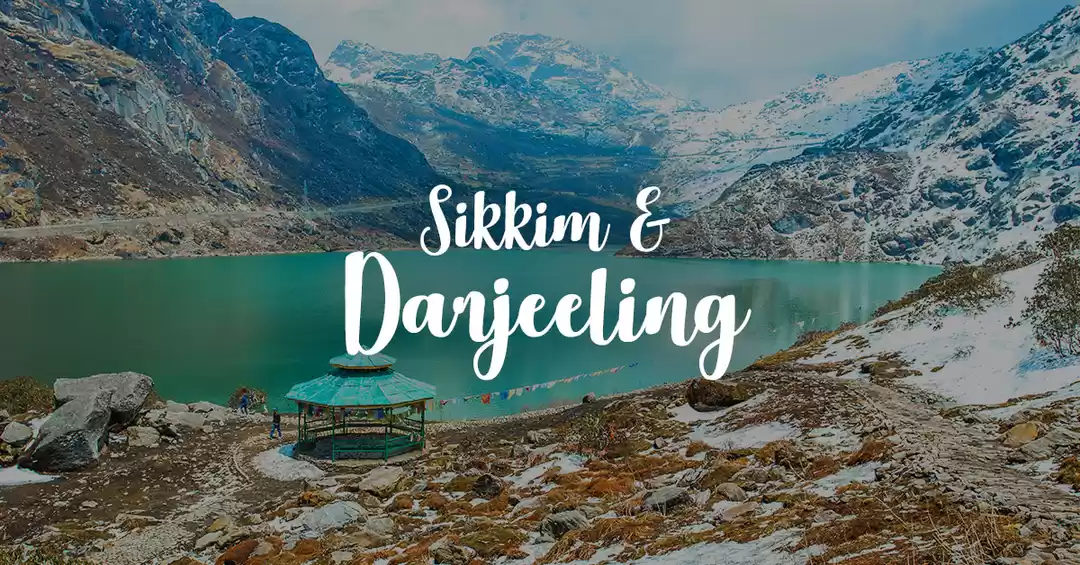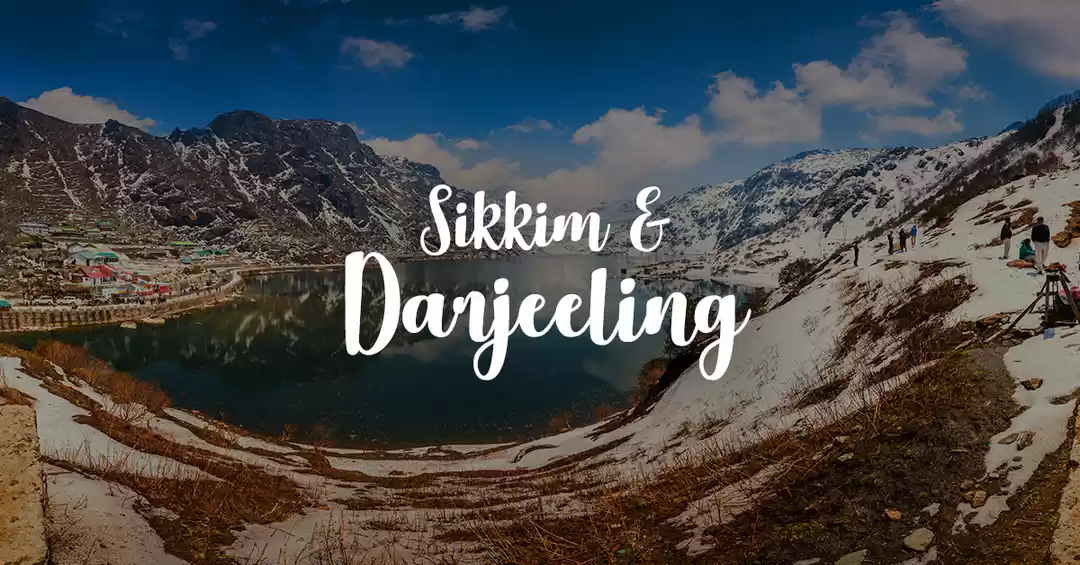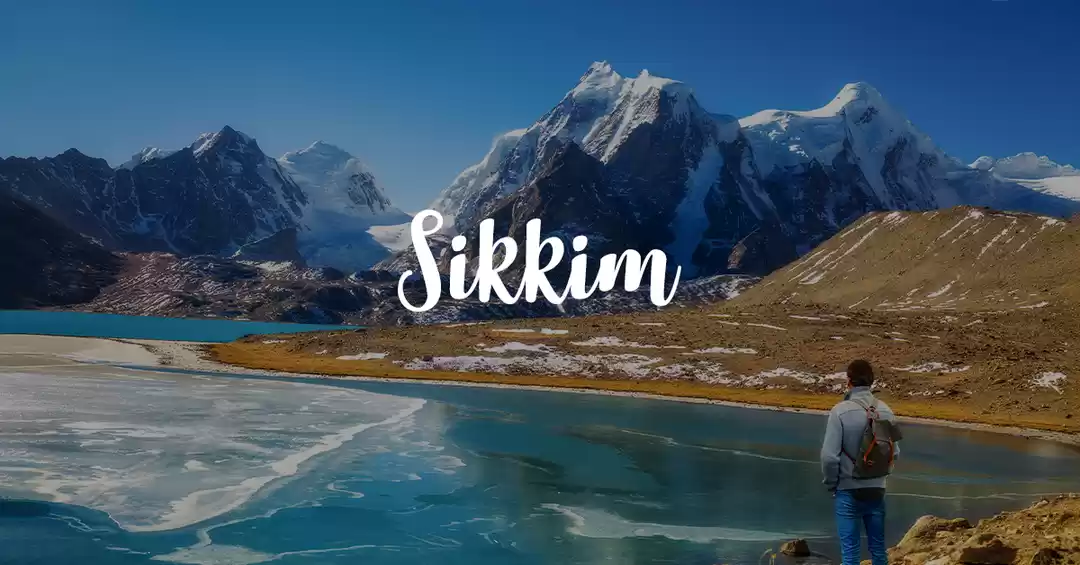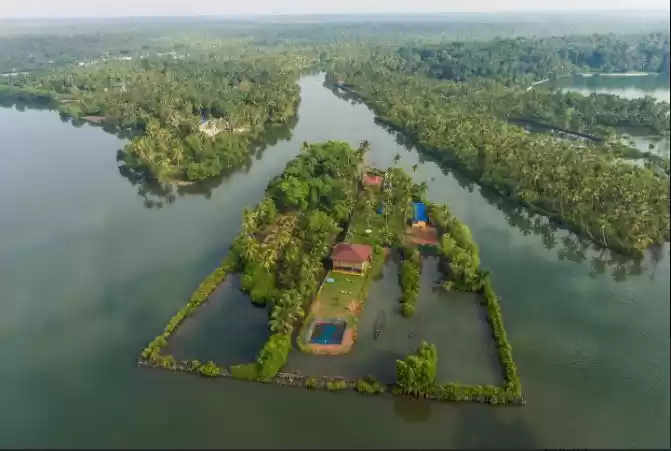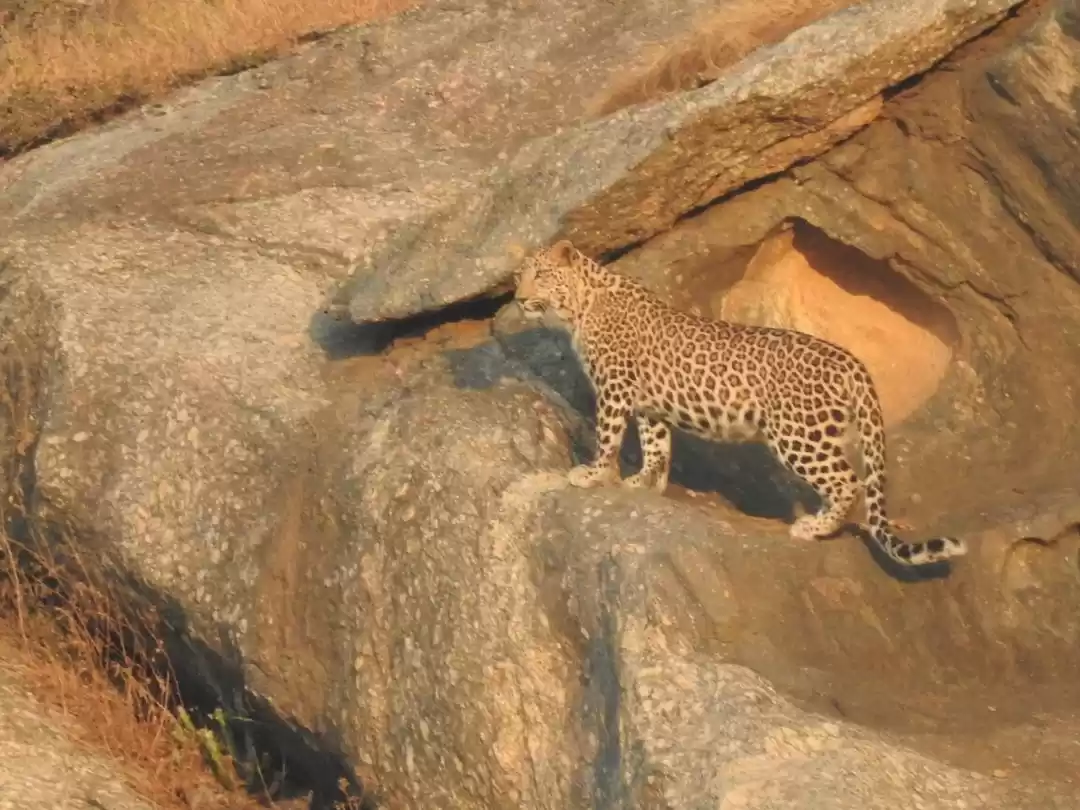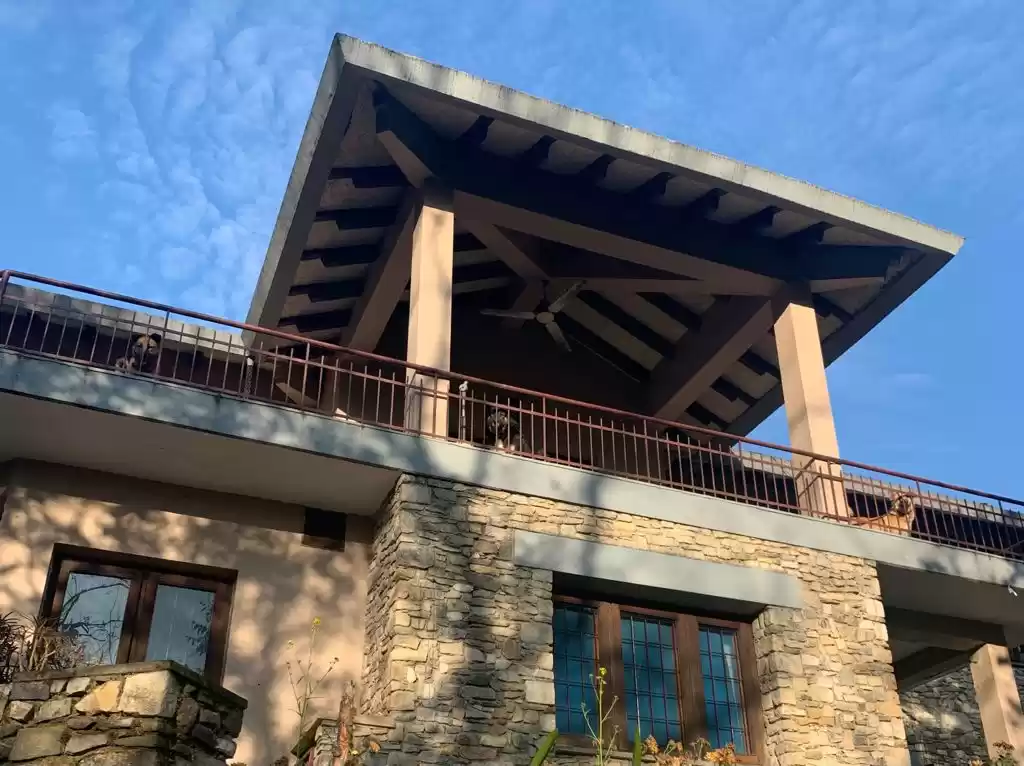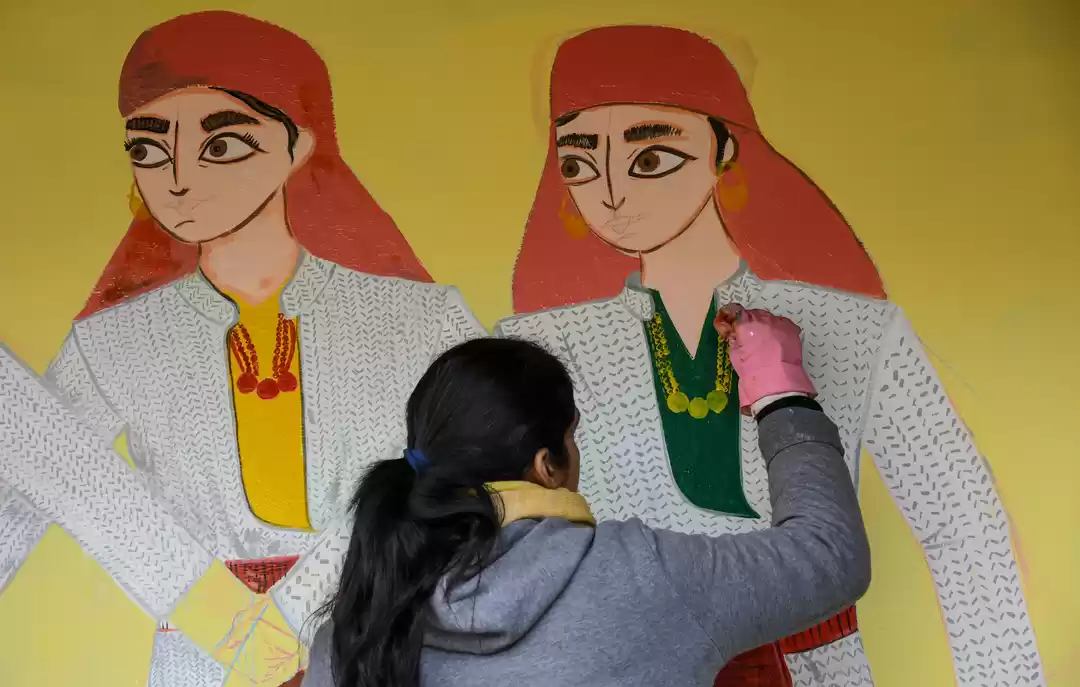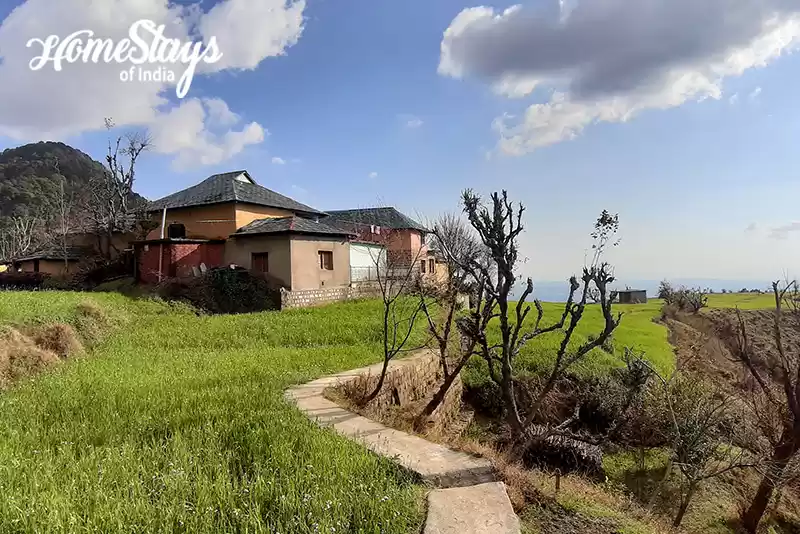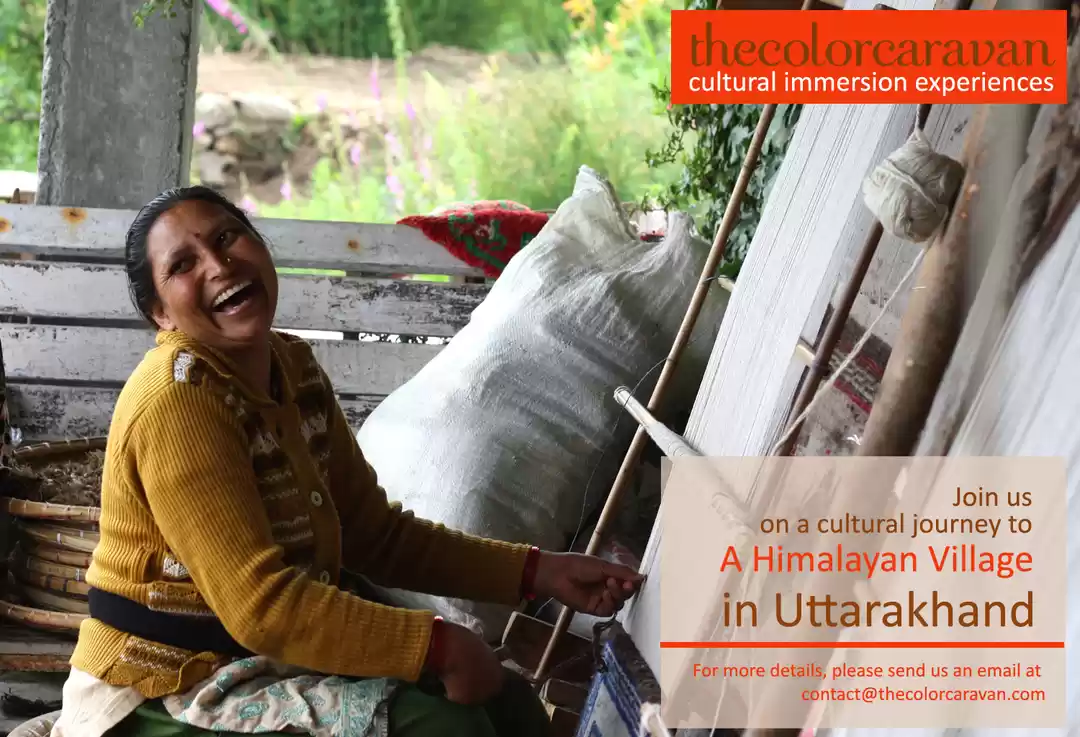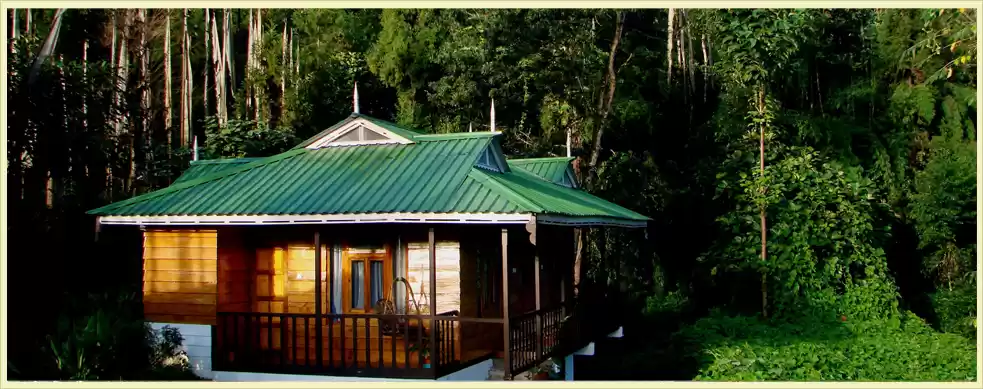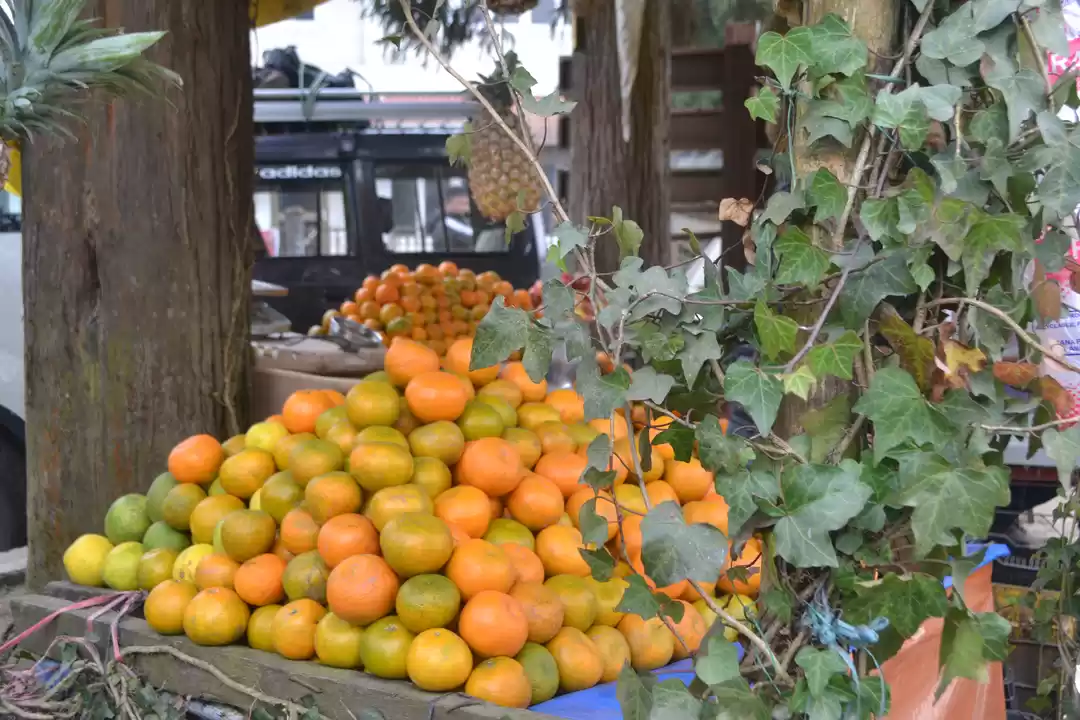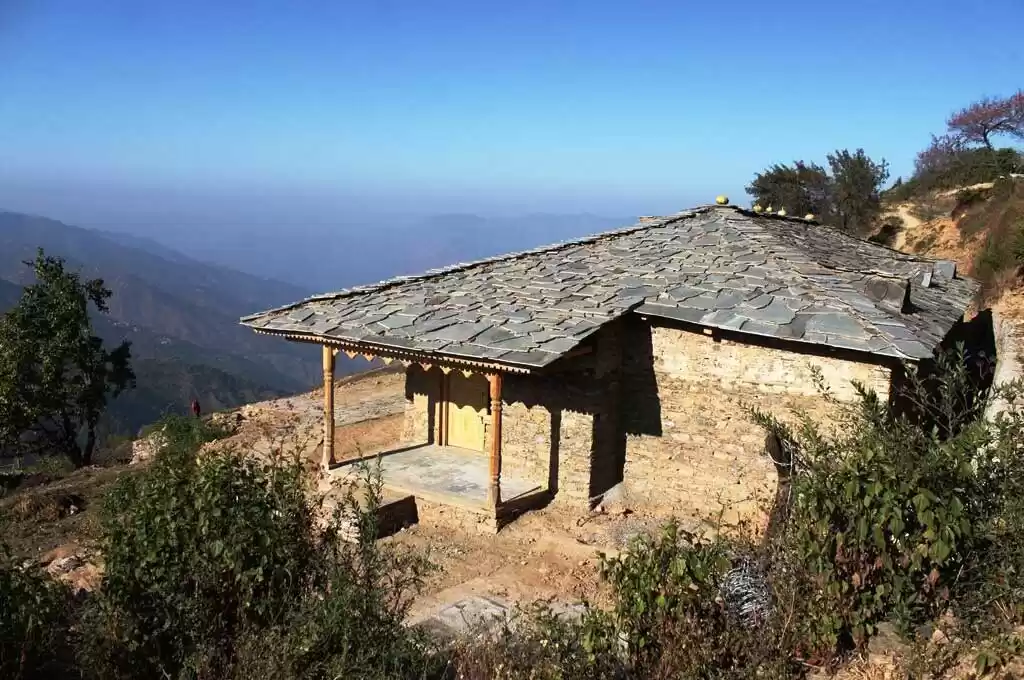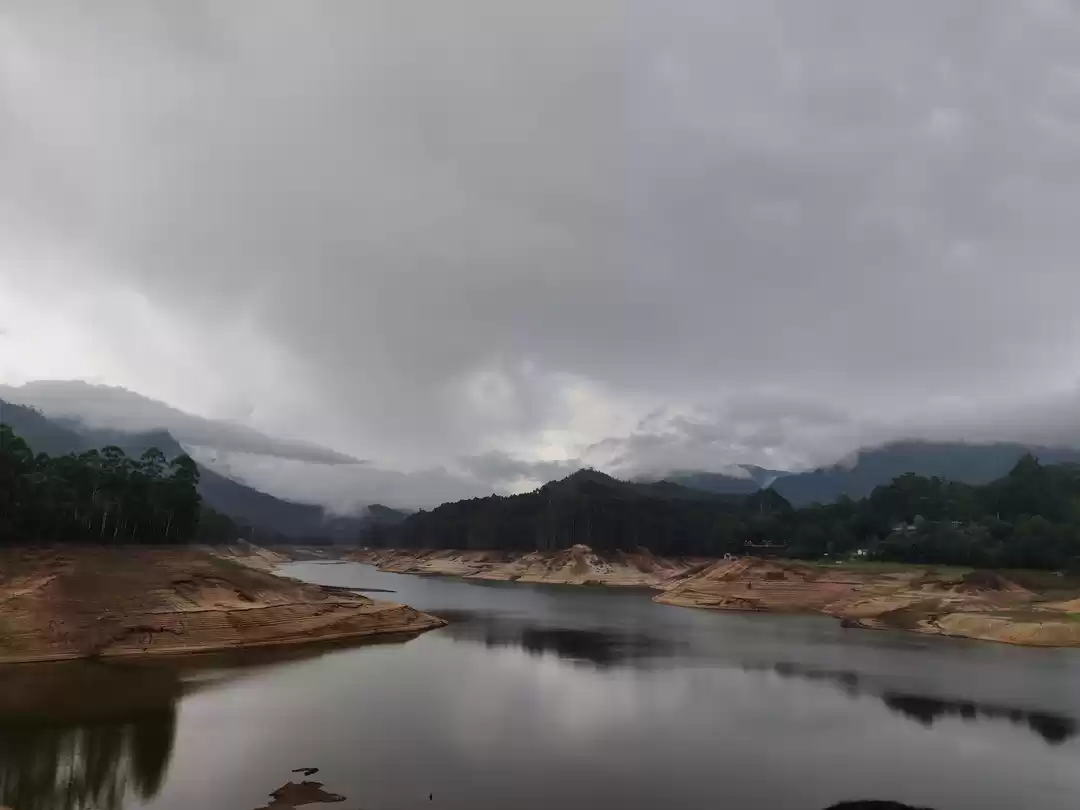
As a professional and full time travel writer from 2007-2010, I learnt a lot about Airbnb's previous avatar, homestays. I travelled and covered 100s of homestays for 3 years, which gave me huge insights that hosts and travelers alike can use. This mutually beneficial relationship can thrive with co-operation, respect and fun. It has the potential for positive and lasting impact on the environment while boosting the regional socio-economic conditions. These are my learnings over my my years in the field.
ENVIRONMENTAL AWARENESS
Most homestays in India have lush gardens, which are made without artificial landscaping and maintained using organic fertilizers. Native plants adaptable to the natural environment are planted. Often biogas plans are part of the homestay particularly those which are large in size. Biodegradable waste such as leaves are made into compost and not burned. Alternative energy sources like solar power are tapped by homestays. This is also true when it comes to solar power. Co-operation for natural ways of fuelling the homestays helps everyone, especially nature. For exploring guests can opt for village walks, cycling and canoe ride etc and avoid taxies. Most homestay owners organise such experiences all the time and with great pleasure. A lot of homestay owners are older and retired. They don't need the money. They love the company, world travellers and exchanging life experience. They are more than happy to show you around or arrange the best people to do that for you. This is gives you a local way of learning things while avoiding cab fare.
For cooking, many use organic farm products from the garden or from local farmers. Non-urban homestays often have their own plantations, estates and farms. This is extremely common in Kerala, Chandigarh, Coorg, Sikkim and lots of smaller cities. A few of the places mentioned in the end have acres of plantations. Like Bracknell in Munnar which is set in a 73 acre property and Planter's Retreat in Pallakad is set in over 250 acres. Homestays in Kewsing village, Sikkim had the most delicious organic food I have ever had in my entire life. The broccoli there was like stringy hair but Christ! It was more juicy than words can describe. Nothing has ever come close to matching that. The social consciousness of this one village itself deserves its own article. The entire village is working together as a homestay with its own llama, monastery and collective. The amazing thing about this village near Ravangla is that there are no orphans in this village. If any child loses their family a family from the village adopts them. A must experience.
LOCAL EMPLOYMENT OPPORTUNITIES
All employees at homestays are locals. Even people who aren’t directly employed by homestays like youth that serve as guides, taxi drivers and such receive a healthy supplement to their income. Seasonal employment is also catapulted by homestays that usually double their staff during peak seasons. The homestay kitchen requirements are fulfilled by the local market or by the homestay itself. This eases migration to cities and empowers the local treasures of a city as well regional pride.
SOCIAL IMPACT
Activities like dance recitals, canoe rides, clam picking etc. are offered to guests. These activities not only generate extra income for locals but also help them showcase their traditional skills and knowledge. Many dying art forms and traditions have found a new lease on life through tourism.
Local artists get the chance to enhance their skills and make them more global by interacting with artists from other countries, and learning how to make their work more internationally palatable.
Tons of the art hanging in my home is made by regional artists. Madhubani art, pichhwai paintings are so unique and non-replicable. It's a treasure for all art lovers and add inimitable aesthetics to a home.
Over time I have stayed in and covered 100s of homestays. Some of the places I highly recommend you research and consider are below. NB: Some of these are closed during covid19
Kerala: Meenachil Enclave (Kottayam), Eden Garden (Fort Cochin), Taamara Homestay (Alappuzha), Tharavadu Heritage Home (Kumarakom), Spice Garden Homestay (Munnar), Bracknell Forest (Munnar), Pepper County (Thekkady), Planter's Retreat (Palakkad), Kodianthara Heritage Home and Kodianthara houseboat (Kumarakom), Vembanad House (Alappuzha)
Himachal and Uttarakhand: Apple Tree Homestay (Kothgarh), Om Mahal (Dharamsala region), Villa Santushti (Dharamsala region), Darang Tea Estate (Palampur), Cedar Hill Lodge (Simla), Vatsalyam (Simla), Wild Side (Malsi).
Rajasthan: Castle Bera (Bera), Chandelao Garh (40km from Jodhpur), Jagat Villas (Jodhpur)
Udaipur: Pahuna Haveli, Devra Homestay.
MP: Alipura Palace (Alipura, MP), Dhakri Rawla (Pali)
If you'd like detailed information about these places, leave a heart or comment and I'll work on the follow up. They truly are amazing.





